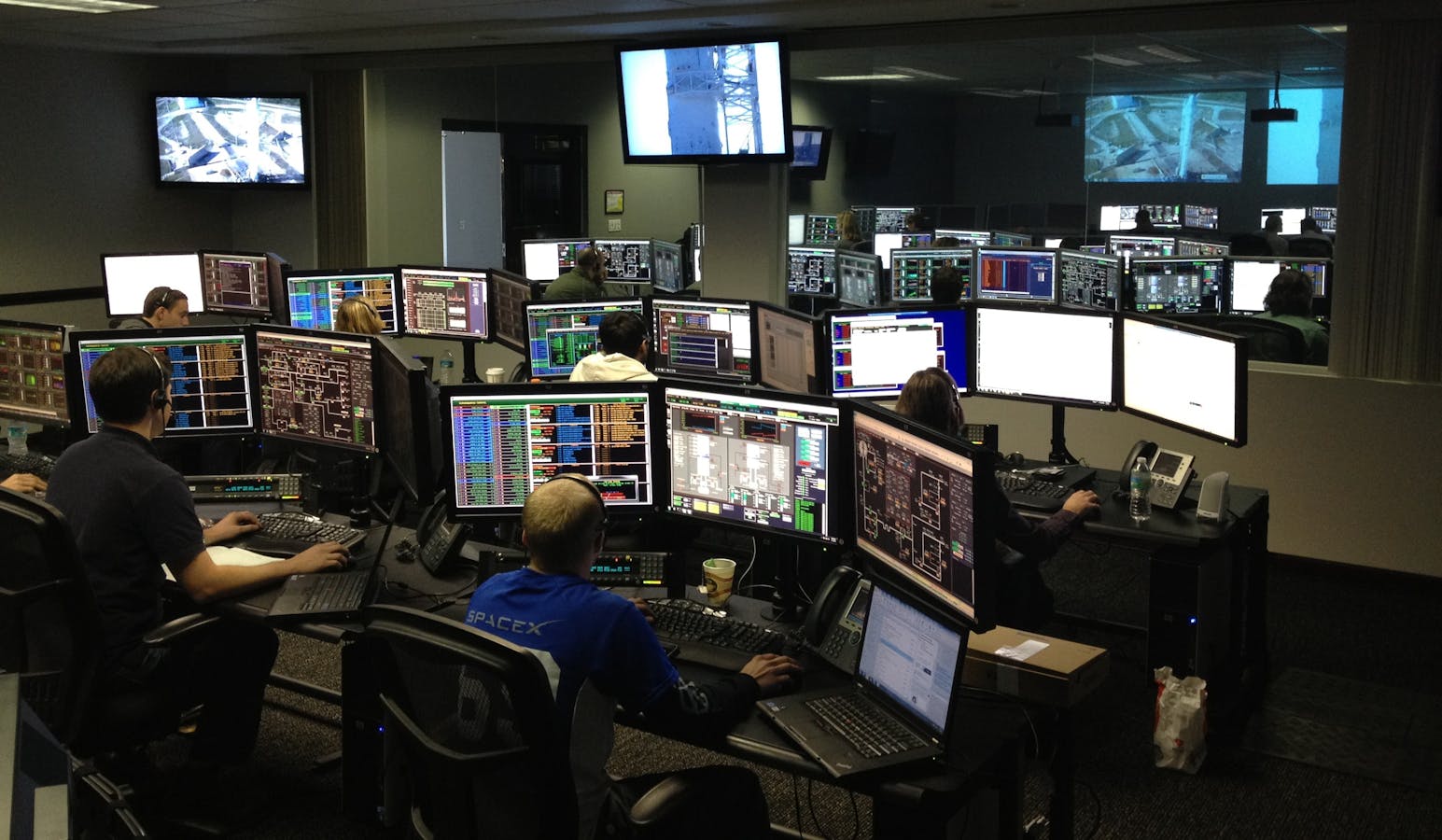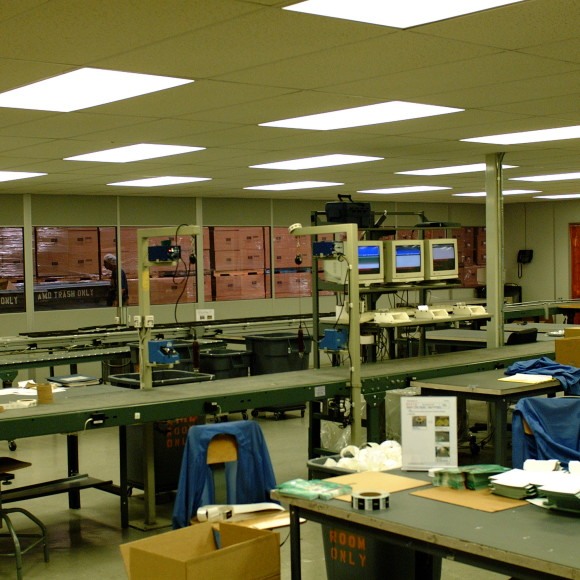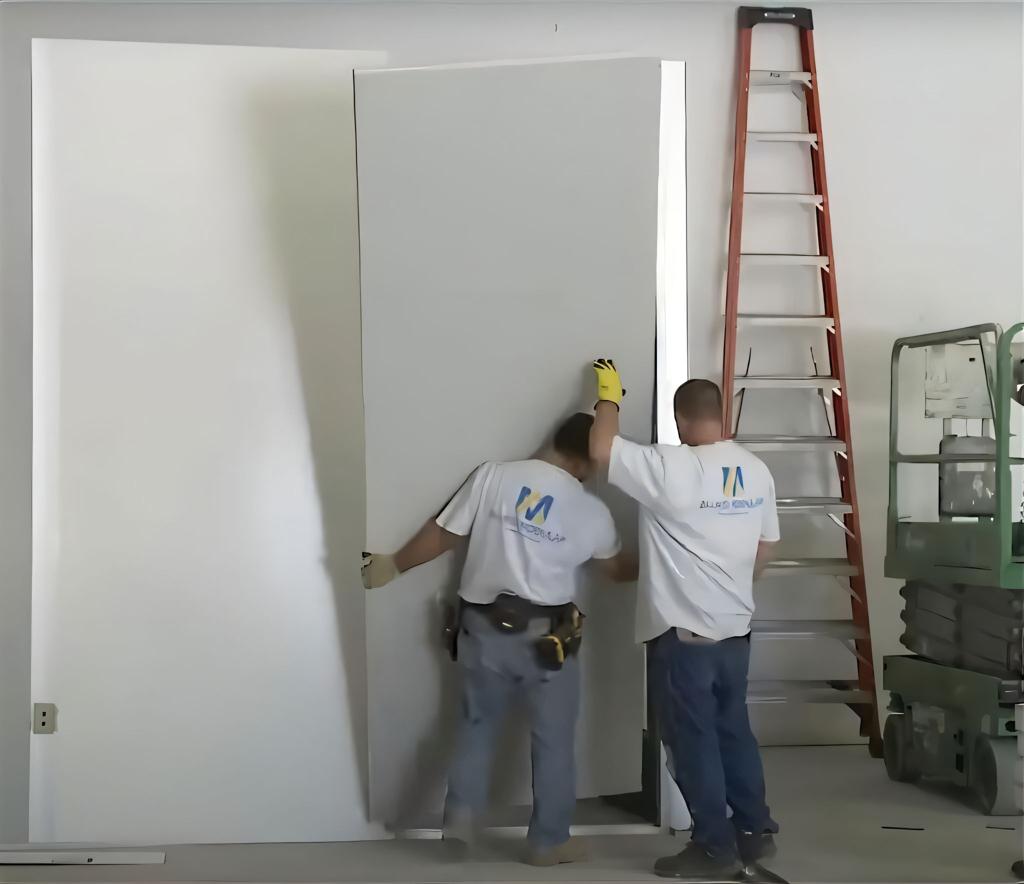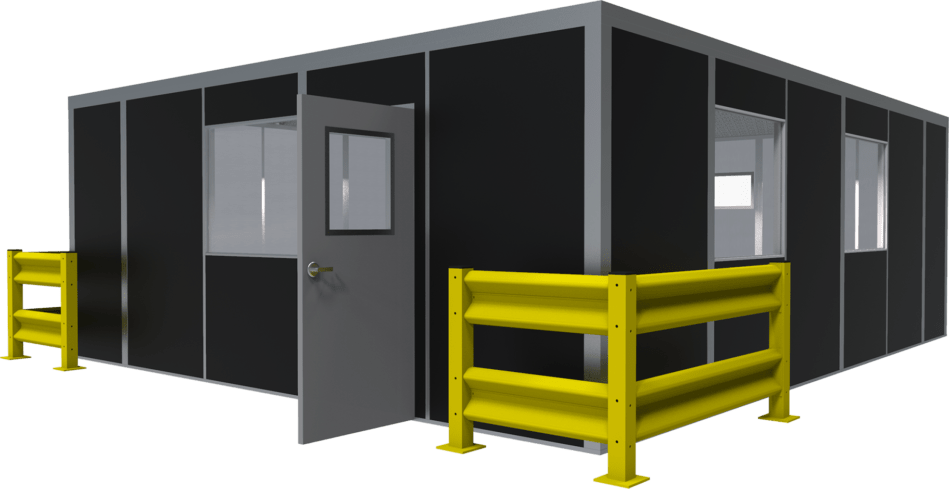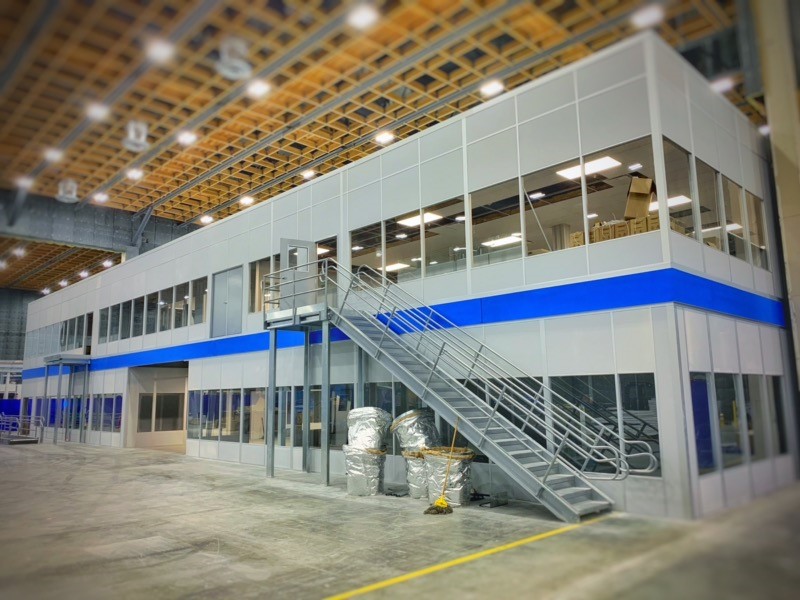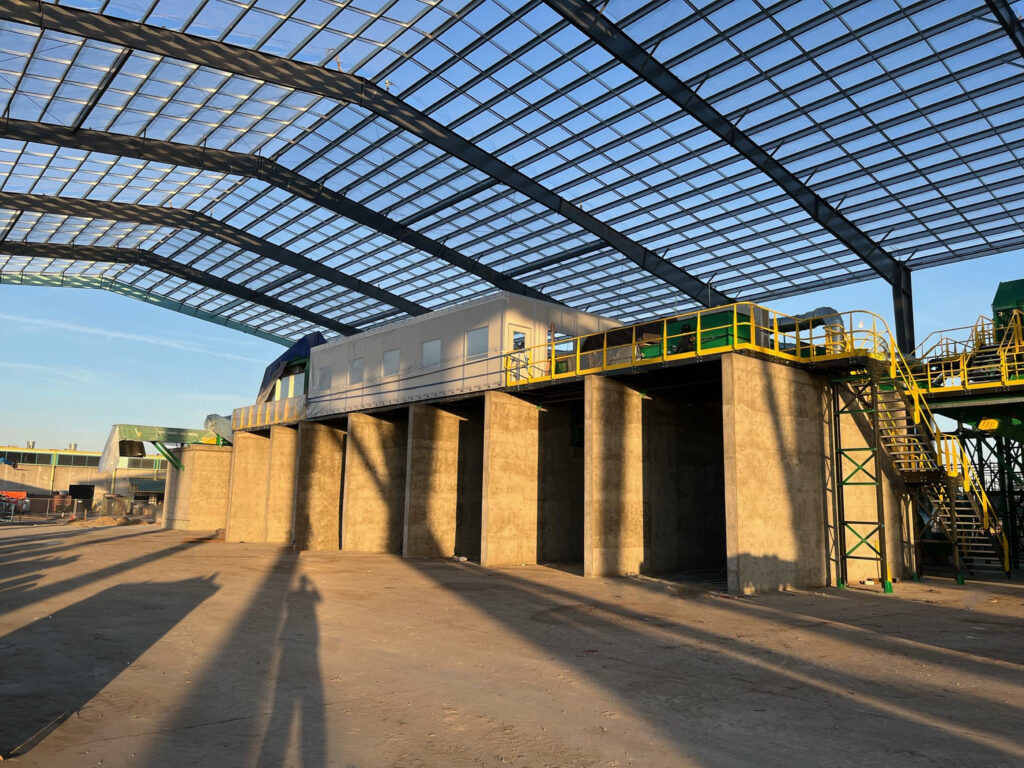Picture a high-stakes environment where every second counts, and precise control over complex systems is a matter of success or failure, or even life and death.
Whether it’s managing the stability of a power grid, securing a high-profile location, or coordinating emergency responses, successful operations hinge on a central command center.
This is where control rooms come in.
In this article, we’ll explore:
- What a control room is
- The types of control rooms
- The advantages of modular control rooms over traditional ones
- Design considerations for control rooms
- Common applications for modular control rooms
What is a Control Room?
A control room is a central area where personnel monitor and manage different activities. These rooms are important for keeping things running smoothly in many industries, such as power plants, security facilities, and emergency response centers. In crisis situations, control rooms are even more important, ensuring that responses are timely and effective.
Types of Control Rooms
Control rooms come in various forms, each designed to meet the specific needs of different industries. Below are some common types of control rooms, though this is not by any means an exhaustive list.
Industrial Control Rooms
These are used in manufacturing and production facilities to monitor and control processes. They help ensure that production runs smoothly and safely.
Security Control Rooms
Found in places like airports, casinos, and large buildings, these rooms monitor surveillance systems and manage security operations. Operators in these rooms play a key role in ensuring security by monitoring security systems and video surveillance.
Broadcast Control Rooms
Used by television and radio stations, these rooms manage the broadcasting of content, ensuring everything goes on air as planned.
Traffic Control Rooms
These are necessary in managing traffic flow and monitoring road conditions, often found in large cities and transportation hubs.
Emergency Operations Centers
These rooms are crucial during emergencies, such as natural disasters, where they coordinate response efforts and manage communication.
What is a Modular Control Room? What are Their Advantages?
A modular control room is a prefabricated space built off-site in a controlled environment and then transported to its final location. Modular control rooms offer many benefits over traditionally built ones. Here are some of their main advantages.
Full Customization
Modular control rooms can be customized to fit the specific needs of any application, whether it’s for a nuclear power facility or a factory floor.
Quick Installation
They are manufactured off-site in a controlled environment, which means they can be installed quickly and with minimal disruption to existing operations.
Superior Quality
The building of modular control rooms in a factory leads to higher quality, fewer defects, and increased sturdiness.
Flexibility
These rooms can be easily reconfigured or moved to a different location, which offers adaptability and therefore a high return on investment.
Cost
Modular construction can be more cost-effective and faster than traditional construction, saving both money and time for businesses.
Design Considerations for Control Rooms
Designing a control room requires thinking about several important factors to ensure it works well and is comfortable. Here are some important points to consider.
Control Consoles and Desks
Consoles and desks are designed to be comfortable and help operators work efficiently. They have adjustable heights and organized cables, with built-in touchscreens and control panels.
Video Walls and Displays
High-resolution screens and video walls show real-time data, surveillance footage, and other important information, helping operators make quick decisions. Such displays are an integral part of video surveillance and other monitoring activities.
Communication Equipment
Intercoms and wireless devices allow team members to easily communicate within the control room and with external personnel.
Monitoring and Control Software
Software provides a central interface for monitoring and controlling various systems like security, HVAC, and industrial processes. Real-time analytics help operators quickly identify and respond to issues. This software is especially important for central control of multiple operations.
Comfort and Noise Control
Proper HVAC systems keep the environment comfortable and stable. Soundproofing reduces noise, minimizing distractions and helping operators concentrate.
Ergonomic Design
Furniture and equipment are designed to be comfortable and reduce fatigue, supporting operator comfort.
Space Planning
Using space well is important, with careful planning to fit all necessary equipment and provide a comfortable working area for operators.
Lighting and Acoustics
Good lighting and acoustics are essential to help operators work without strain or distraction.
Technology Integration
Integrating various technologies, from software to communication tools, ensures a smooth and efficient workflow.
Safety and Accessibility
Safety measures and easy access are important to protect operators and help them perform their duties well.
Applications of Modular Control Rooms
Modular control rooms are useful in many industries for monitoring and managing operations. Here are some common applications.
Power and Utilities Management
Modular control rooms help power plants and utility companies control electricity, water, and other utilities.
Transportation Systems
These control rooms keep airports, train stations, and other transportation hubs running smoothly.
Corporate and Data Centers
Companies use modular control rooms to watch over IT systems, manage data centers, and keep operations secure and efficient.
Military and Defense Operations
These control rooms are key for managing military operations and ensuring good communication and coordination.
Public Safety and Emergency Response
Emergency services use modular control rooms to manage responses to incidents and ensure public safety. Police departments often rely on these control rooms for coordinating efforts during crisis situations.
The Bottom Line
Control rooms are crucial in many industries, acting as a central spot to oversee and handle operations. Modular control rooms step up by being adaptable, efficient, and budget-friendly, outshining conventional building methods. They offer customized setups, top-notch quality, and the bonus of being reusable. As industries progress, modular control rooms stay indispensable for keeping operations running smoothly, while also evolving to meet the demands of future trends.
Looking to optimize your control room setup? Get a free quote from Allied Modular, a leading modular control room expert.

